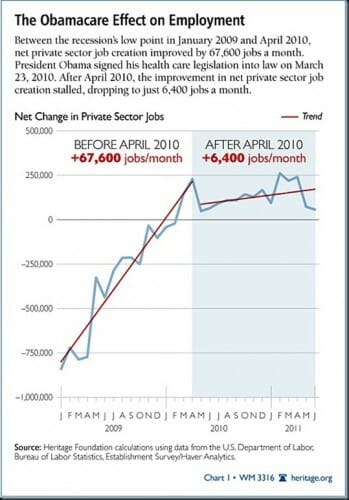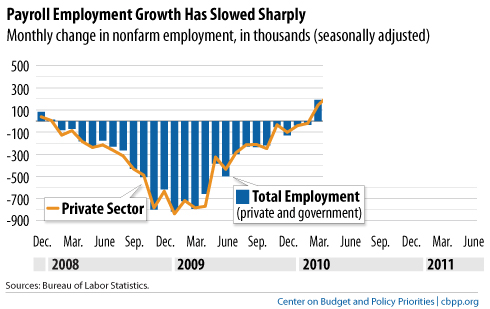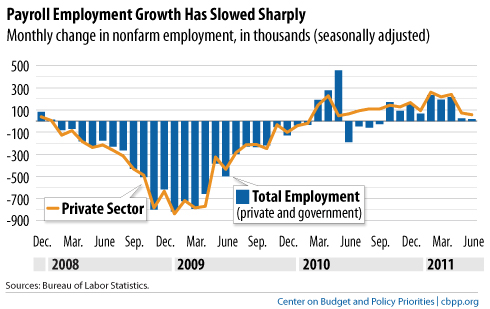It's Constitutional Because We Really, Really Want It
The game the Left is playing with the Supreme Court is interesting. Their argument going into last week's Supreme Court frackas boiled down either to, "this is really needed so it must be Constitutional" or something like "we thought the Federal government could do anything." By the way, while I find the latter depressing and it should be wrong, I can understand after decisions like Raich why one might come to that conclusion.
After getting pummeled in court this week, the Left has a couple of new takes. The first is that while their side's lawyers did not offer any good arguments, particularly vis a vis limiting principles, it's the Court's obligation to do it for them. The second is an interesting sort of brinksmanship. It says that this is so big, so massive, so important a legislation, that the Supreme Court basically does not have the cojones to overturn it on a 5-4. The extreme example of this argument, which I am seeing more and more, is that its so big a piece of legislation that it is wrong for the Supreme Court to overturn it whatever the vote, the implication being that Constitutional muster can be passed merely by making legislation comprehensive enough.
Kevin Drum has been taking both these tacks, and included this gem in one post:
So what will the court do? If they don't want a rerun of the 1930s, which did a lot of damage to the court's prestige, but they do want to put firmer limits on Congress's interstate commerce power, the answer is: find a limiting principle of their own. But find one that puts Obamacare just barely on the constitutional side of their new principle. This would avoid a firestorm of criticism about the court's legitimacy — that they're acting as legislators instead of judges — but it would satisfy their urge to hand down a landmark decision that puts firm limits on further expansion of congressional power. Liberals would be so relieved that Obamacare survived that they'd probably accept the new rules without too much fuss, and conservatives, though disappointed, would be thrilled at the idea that the court had finally set down clear limits on Congress's interstate commerce power.
You can see both arguments here - the proposition that the Court owes it to the defense attorney to make up a better argument for him, as well as the notion that the stakes are too high to overturn the legislation.
By the way, maybe I just went to some right-wing fascist school, but I sure don't remember any discussion of a loss of prestige by the Court as they overruled large swaths of the New Deal, particularly since their decisions were pretty consistent with past precedent. I always considered it was FDR who lost prestige with this authoritarian impulse to pack the Court to get the Constitutional answer he wanted. And taking the 1930's as an example, it sure seems both Left and Right are wildly hypocritical and inconsistent on when they are in favor and against Court activism.


